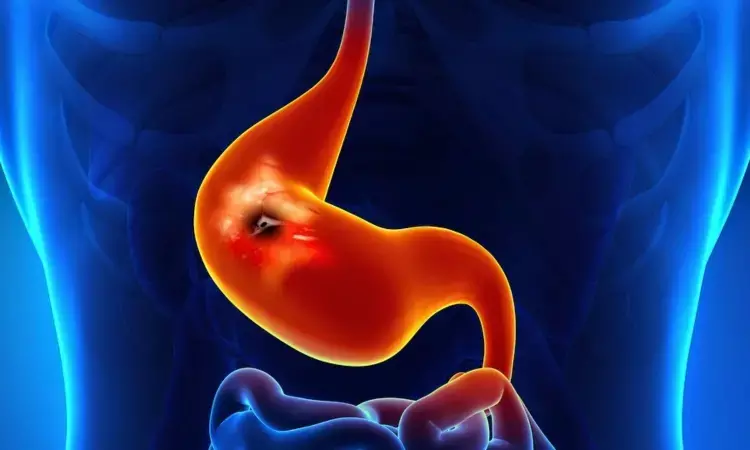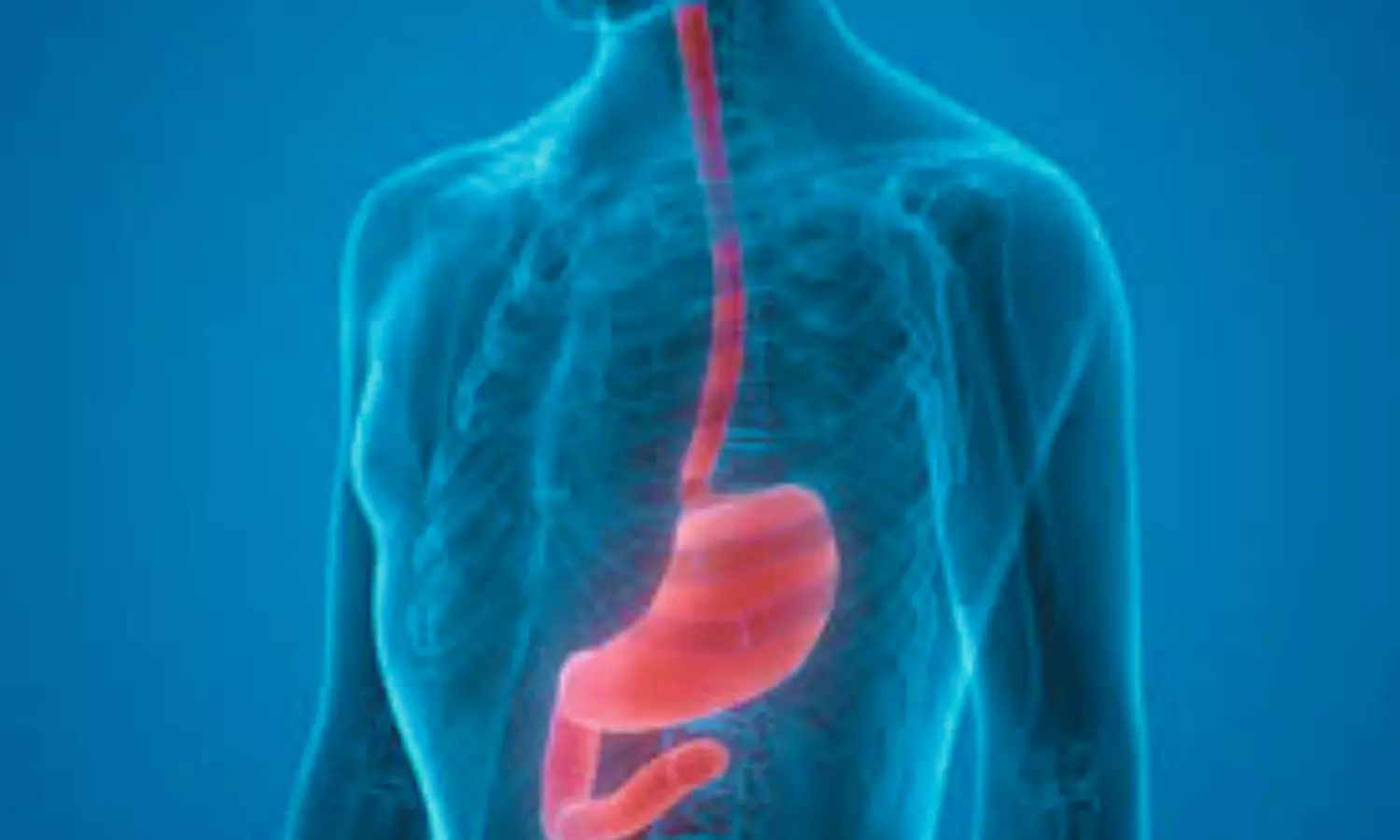- Home
- Medical news & Guidelines
- Anesthesiology
- Cardiology and CTVS
- Critical Care
- Dentistry
- Dermatology
- Diabetes and Endocrinology
- ENT
- Gastroenterology
- Medicine
- Nephrology
- Neurology
- Obstretics-Gynaecology
- Oncology
- Ophthalmology
- Orthopaedics
- Pediatrics-Neonatology
- Psychiatry
- Pulmonology
- Radiology
- Surgery
- Urology
- Laboratory Medicine
- Diet
- Nursing
- Paramedical
- Physiotherapy
- Health news
- Fact Check
- Bone Health Fact Check
- Brain Health Fact Check
- Cancer Related Fact Check
- Child Care Fact Check
- Dental and oral health fact check
- Diabetes and metabolic health fact check
- Diet and Nutrition Fact Check
- Eye and ENT Care Fact Check
- Fitness fact check
- Gut health fact check
- Heart health fact check
- Kidney health fact check
- Medical education fact check
- Men's health fact check
- Respiratory fact check
- Skin and hair care fact check
- Vaccine and Immunization fact check
- Women's health fact check
- AYUSH
- State News
- Andaman and Nicobar Islands
- Andhra Pradesh
- Arunachal Pradesh
- Assam
- Bihar
- Chandigarh
- Chattisgarh
- Dadra and Nagar Haveli
- Daman and Diu
- Delhi
- Goa
- Gujarat
- Haryana
- Himachal Pradesh
- Jammu & Kashmir
- Jharkhand
- Karnataka
- Kerala
- Ladakh
- Lakshadweep
- Madhya Pradesh
- Maharashtra
- Manipur
- Meghalaya
- Mizoram
- Nagaland
- Odisha
- Puducherry
- Punjab
- Rajasthan
- Sikkim
- Tamil Nadu
- Telangana
- Tripura
- Uttar Pradesh
- Uttrakhand
- West Bengal
- Medical Education
- Industry
Hemostatic powder bests standard endoscopic treatment for Hemostasis in malignant GI bleeding.

New research revealed that malignant gastrointestinal bleeding can be better controlled by using TC-325 hemostatic powder as it achieves greater immediate hemostasis and also has lower 30-day rebleeding rates when compared to contemporary standard endoscopic treatment. The study was published in the journal Gastroenterology.
Gastrointestinal (GI) bleeding is the major global cause of morbidity and mortality. In recent years its incidence has steadily increased. As there is an immense necessity to control bleeding, hemostatic agents have been introduced that control bleeding effectively. But there is no sufficient data on the role of hemostatic powders when managing patients with malignant gastrointestinal (GI) bleeding due to varying guidelines and low-quality evidence. Hence researchers conducted a patient- and outcome-assessor-blinded multicenter randomized controlled trial to assess the role of hemostatic powders on GI bleeding.
TC-325 alone or standard endoscopic therapy (SET) was randomly assigned to patients who presented with active bleeding from an upper or lower GI lesion believed to be malignant at index endoscopy between June 2019 and January 2022. 30-day rebleeding was the main goal, with rapid hemostasis and other clinically significant outcomes serving as supplementary targets.
Key findings:
- About 106 patients comprised the study population with 55 TC-325 and 51 SET.
- There was no difference between the baseline characteristics and endoscopic findings between the groups.
- TC-325 group showed significantly lower Thirty-day rebleeding rates.
- Immediate hemostasis rates were 100% in the TC-325 versus 68.6% in the SET group.
- There was no difference in the other secondary outcomes between the two groups.
- Independent predictors of 6-month survival included the Charlson comorbidity index and receiving an additional Non-endoscopic hemostatic or oncological treatment 30 days after the index endoscopy after adjustment for functional status, Glasgow-Blatchford score, and an upper GI source of bleeding.
Thus, when compared to modern SET, TC-325 hemostatic powder produces higher rates of immediate hemostasis and lower rates of 30-day rebleeding.
Further reading: Hemostatic powder vs. standard endoscopic treatment for gastrointestinal tumor bleeding: A multicenter randomized trial. https://doi.org/10.1053/j.gastro.2023.05.042
BDS, MDS
Dr.Niharika Harsha B (BDS,MDS) completed her BDS from Govt Dental College, Hyderabad and MDS from Dr.NTR University of health sciences(Now Kaloji Rao University). She has 4 years of private dental practice and worked for 2 years as Consultant Oral Radiologist at a Dental Imaging Centre in Hyderabad. She worked as Research Assistant and scientific writer in the development of Oral Anti cancer screening device with her seniors. She has a deep intriguing wish in writing highly engaging, captivating and informative medical content for a wider audience. She can be contacted at editorial@medicaldialogues.in.
Dr Kamal Kant Kohli-MBBS, DTCD- a chest specialist with more than 30 years of practice and a flair for writing clinical articles, Dr Kamal Kant Kohli joined Medical Dialogues as a Chief Editor of Medical News. Besides writing articles, as an editor, he proofreads and verifies all the medical content published on Medical Dialogues including those coming from journals, studies,medical conferences,guidelines etc. Email: drkohli@medicaldialogues.in. Contact no. 011-43720751



